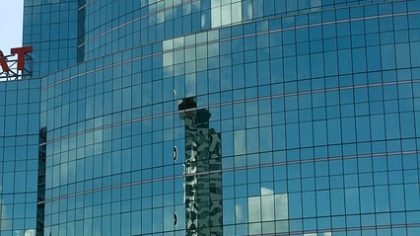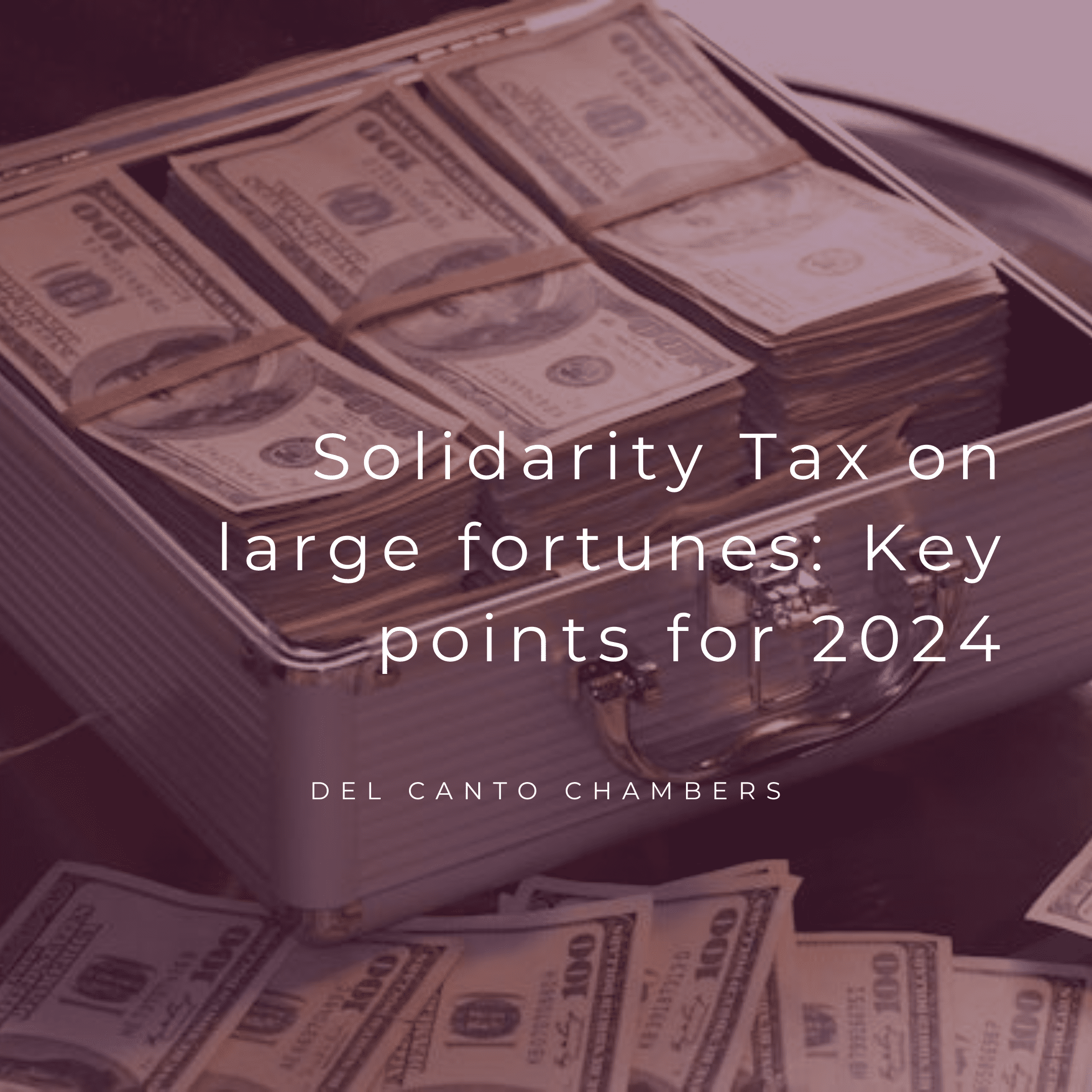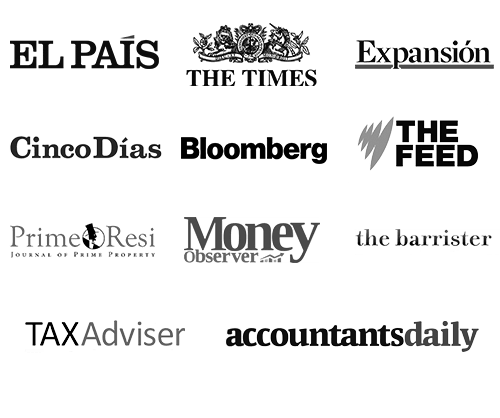Profitability of the leading investment funds in Spain, business opportunities in the Middle East and the European Commission punishing Apple mark the end of the summer holidays.
Over the past week at Del Canto Chambers, we have had one foot in Europe and the other in the Middle East; tax issues and business matters have been keeping us busy.
We have analysed the evolution of the profitability of major investment funds in Spain, finding that the profitability of the top ten Spanish funds exceeds 20%. If we then focus on the three at the top of this “table”, the figure rises, nearly reaching 30%.
However, the paradox is that, despite the high returns, they are not attracting as much money as they could be from investors because of the competition offered by banks and also due to the conservative nature of Spanish investors.
We would also like to focus our attention on the impending massive new wave of lawsuits against Spanish banks for fraud committed during the housing bubble. The plaintiffs allege a favourable ruling from the Supreme Court which sentenced Banco Sabadell (current owner of the former Caja de Ahorros del Mediterráneo) last December 2015, to repay the money that the buyer had paid in advance for a house that she never received.
It is estimated that up to 600,000 people could be affected, 180,000 of which could be foreigners (mainly British and Germans), while the amounts claimable in compensation may be up to 17,000 million euros. Another similar case that has affected Spanish banks recently concerns mortgages with floor clauses.
As for taxes, we would like to address the issue in the news this week that the European Commission wants to impose sanctions on Apple, demanding that the technological multinational pays its tax in arrears. This decision, which has come after two years of research led by Competition Commissioner Marghrete Vestager, means that Apple must pay a fine of 13,000 million euros for agreements signed between 1991 and 2007 with Ireland. It was ruled that this was illegal and incompatible with the internal market – the amount of taxes paid for its benefits had thus been much less.
The inquiries that have been endured by European authorities that Apple and other large multinationals form part of the BEPS project to combat international tax evasion, which the OECD has been sponsoring since 2013 and the European Union is implementing through regulations such as the recently enacted Directive 2016/1164.
Turning our attention away from Europe and over to the Middle East: last May, Saudi Arabia issued its new company law that intends not only to revamp its business structure but also to attract foreign investment in the long term. This new framework falls within the Saudi government’s project of diversifying its economy and reducing its dependence on oil prices.
This law involves many changes for domestic and foreign enterprises in Riyadh and for those who may wish to settle there henceforth. Companies will therefore need to adapt their structures, processes and governance to meet the new regulations. In this way Saudi Arabia can reduce its traditional administrative complexities and pave the way for a massive influx of investment.
A week of informative trips between Europe and the Middle East have marked our final days of the summer break, and we hope to welcome you again next Friday at Del Canto Chambers after returning home.
Xavier Nova (@xavinova)
Director of Del Canto Chambers





